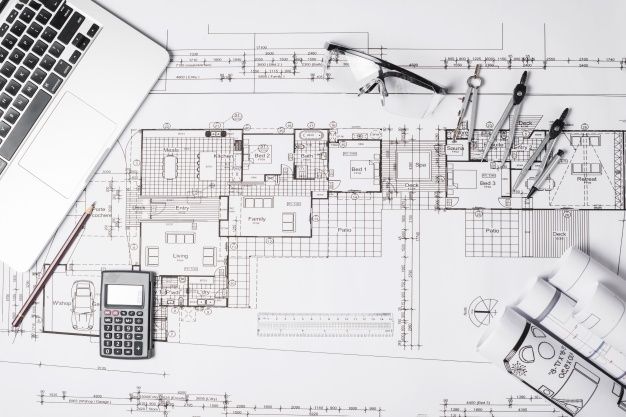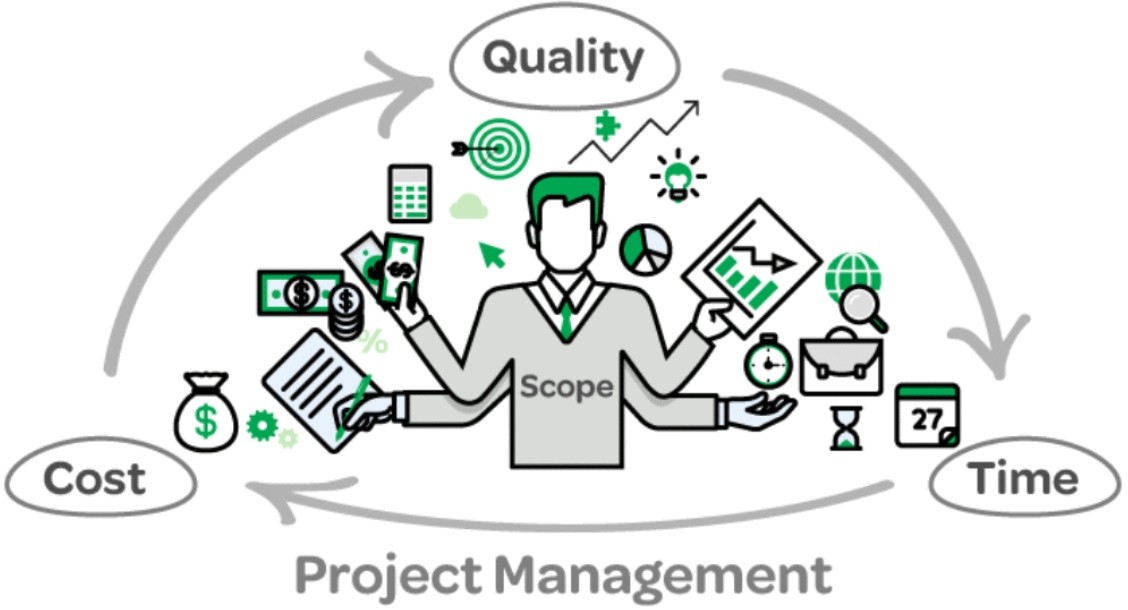Designing and building a house involves a series of steps that require careful planning, coordination, and execution.
Here are the general steps involved in the design and build process
1. Define Your Goals and Budget

Credit: Pinterest
Determine your needs, preferences, and budget for the project. Consider factors such as the size of the house, desired features, location, and any specific requirements.
2. Hire a Design-Build Team

Credit: Pinterest
Select a reputable design-build firm or assemble a team of architects, designers, engineers, and contractors who will work together to bring your vision to life. Design-build firms offer integrated services, streamlining the process and often reducing costs and construction time.
3. Site Selection and Evaluation

Credit: Lion Land Marketing
Choose a suitable site for your new home and conduct a thorough site evaluation. Consider factors such as topography, orientation, access to utilities, zoning regulations, and environmental considerations.
4. Conceptual Design Phase

Credit: Pinterest
Work with your design team to develop initial concepts and sketches based on your requirements and preferences. Explore different layout options, architectural styles, and design elements to establish a clear direction for the project.
5. Design Development

Credit: Hexa6 Design
Refine the conceptual design into detailed drawings and plans that specify the layout, dimensions, materials, finishes, and construction methods. Collaborate closely with your design team to finalize the design and address any concerns or modifications.
6. Obtain Permits and Approvals

Credit: Pinterest
Submit the design plans to the relevant local authorities to obtain building permits and approvals. Ensure that the design complies with building codes, zoning regulations, and other legal requirements.
7. Construction Documentation

Credit: Pinterest
Prepare comprehensive construction documents, including architectural drawings, structural plans, electrical layouts, plumbing diagrams, and specifications. These documents will serve as the basis for construction and guide the builders throughout the process.
8. Bidding and Contractor Selection

Credit: Linked in
Solicit bids from qualified contractors or construction companies based on the construction documents. Evaluate proposals, qualifications, and references to select the contractor who offers the best combination of expertise, cost, and timeline.
9. Construction Phase

Credit: Pinterest
Begin construction following the approved plans and schedule. Monitor progress closely, communicate regularly with the construction team, and address any issues or changes promptly to ensure the project stays on track.
10. Interior Finishes and Fixtures

Credit: Hexa6 Design
Select interior finishes, fixtures, and fittings such as flooring, cabinetry, countertops, lighting, plumbing fixtures, and appliances. Work with your design team to ensure that the selections align with the overall design concept and meet your aesthetic and functional requirements.
11. Final Inspections and Punch List

Credit: Pinterest
Conduct final inspections to ensure that the construction meets quality standards and complies with the approved plans and specifications. Prepare a punch list of any remaining tasks or deficiencies that need to be addressed before final completion.
12. Move-In and Occupancy
Once construction is complete and all inspections have been passed, move into your new home and begin enjoying the space. Coordinate any remaining tasks such as landscaping, final touches, and warranty documentation with your design-build team.
Evaluate the performance of the house and address any issues or concerns that arise after occupancy. Follow up with your design-build team to ensure that any warranty claims or maintenance needs are addressed promptly.
By following these steps and working closely with your design-build team, you can successfully navigate the design and build process and create a custom home that meets your needs, preferences, and budget.




